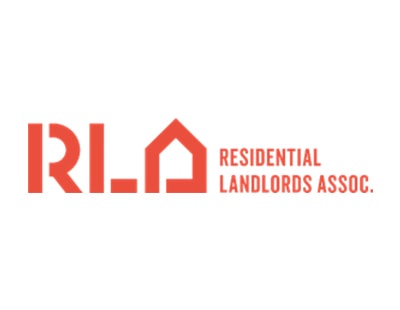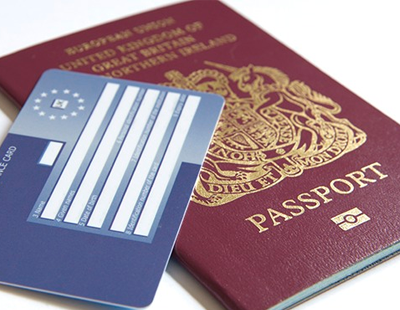
Law firm Brevis Law is shedding light on the difficulties agents and landlords have in meeting Right To Rent requirements in the light of new fines introduced by the government.
The government is set to triple fines for employers and agents and landlords who are seen as contributing to the factors attracting migrants to enter and stay in the country illegally.
This major shift in civil penalties is being hailed as the most significant change in almost a decade. Under the new measures, effective from the start of 2024, the maximum fine for employing an illegal worker will be raised from £20,000 to £60,000. Landlords will also see an increase in fines from £80 to £10,000.
The law mandates employers and landlords to thoroughly verify the eligibility of their employees and tenants to work and reside in the UK, irrespective of nationality. This requirement applies to all forms of contractual agreements, whether written, verbal, or implied. Ignorance or uncertainty about these regulations will no longer be accepted as valid excuses against fines.
Mandie Sewa, Head of Immigration at Brevis Law, comments: "The recent government announcement underscores the urgency for employers and landlords to ensure the legality of their workforce and tenants.
“However, most employers and landlords are not experts when it comes to UK immigration law and it’s clear that they are not being asked to check just one or two types of visas but a vast array. Simple innocent errors could lead to huge fines, criminal prosecution, revocation of sponsor licences, possible claims of discrimination and reputational damage, especially as the Home Office releases quarterly reports in which they ‘name and shame’ employers that are found to have hired illegal workers.
“These reports are available publicly and are published region-by-region, containing the full name of the company and details of the penalties imposed upon them. So, this, alongside the huge level of fines now being introduced, is serious enough to put livelihoods at risk.”
She adds: “For ‘settled’ workers like British citizens, and EU and/or EEA Swiss citizens who have with pre or settled status under the EU Settlement Scheme, and people with indefinite leave to remain, the checks must be undertaken once. However, those that are not settled for example: skilled workers, senior or specialist worker visas holders; graduates, students, or family visa holders; and dependants of most of the above categories, will need to be checked repeatedly if employers are to establish a continuing, valid statutory excuse against a fine.”
Brevis Law stresses the significance of businesses and landlords proactively mitigating their risk exposure by conducting comprehensive audits of their right-to-work and rent-check procedures.
The firm insists that staying up to date with current guidelines, seeking expert training, and promptly seeking legal advice when identifying potential violations are crucial steps to avoiding substantial financial consequences.












%20-%20IMAGE%20Client%20Accounting%20%E2%80%93%20what%20are%20your%20options.jpg)


.jpg)







Join the conversation
Be the first to comment (please use the comment box below)
Please login to comment